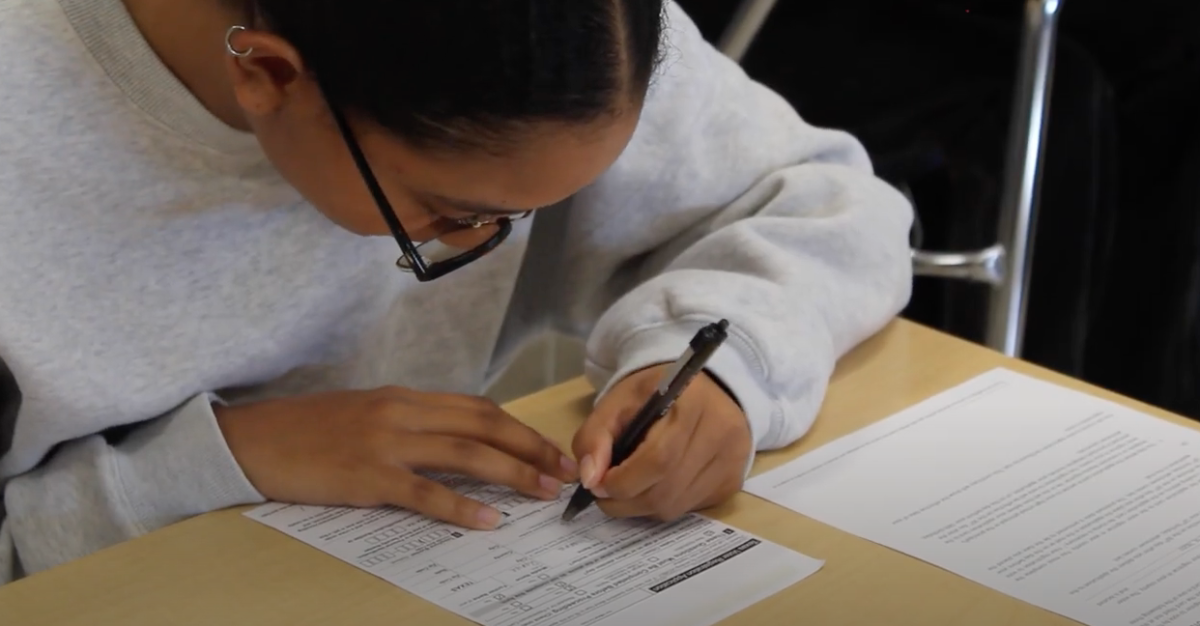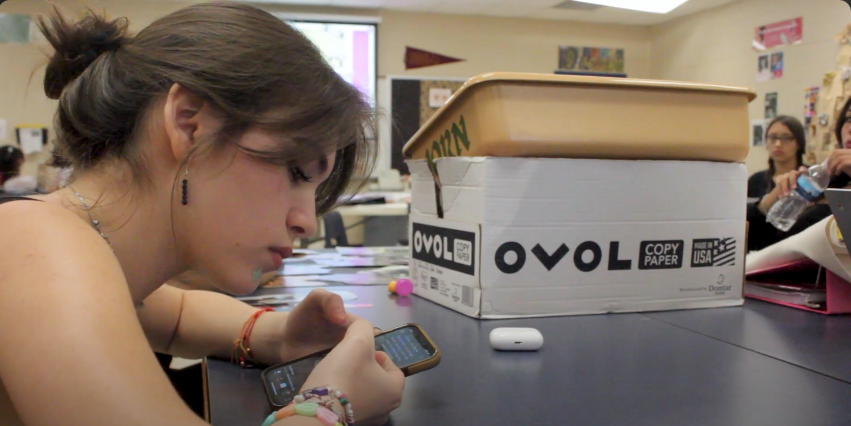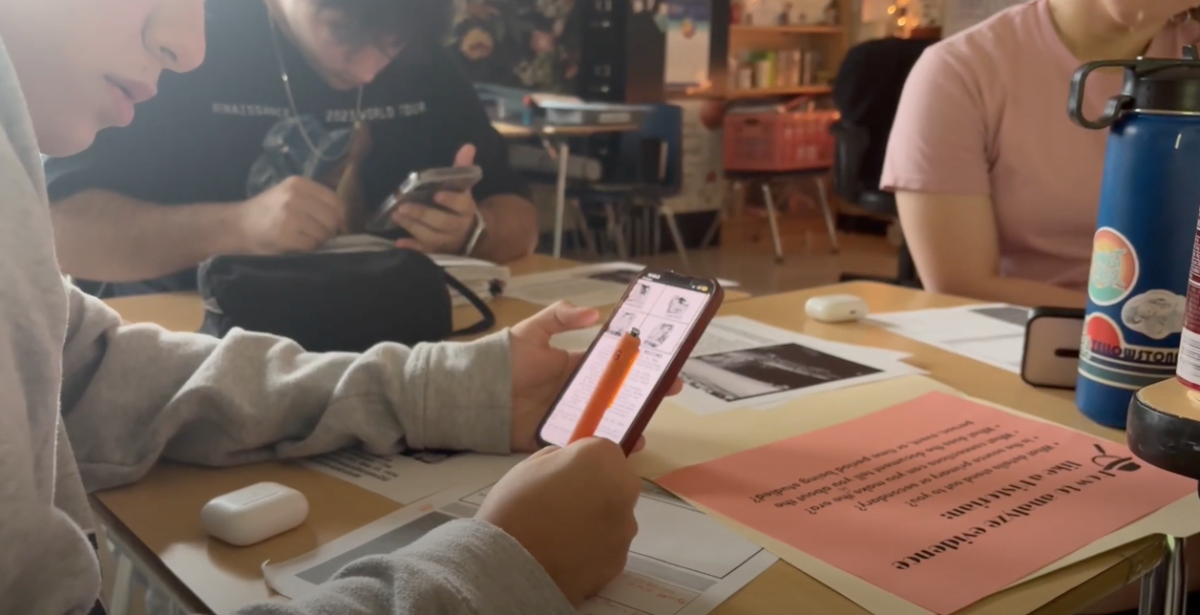You’ve heard them all. You know who there are. You’ve seen their seemingly never ending eyes rolling into their dark, decrepit, cobweb infested brains, and you’ve smelt the coffee seeping out of their pores keeping them awake. Yes, the newest batch of second semester seniors seem to have caught the most infectious, resistant strain of seniortits known to man.
“Freshman year was my first indication of senioritis. We were all friends with seniors. Most of us already have it instilled in us, from when we were kids in freshman year,” senior Steven Lyerly said.
The senioritist infects every part of a senior’s being-reaulting in them being incapable of even attending class.
“Oh yeah, it’s like really bad. Like, last semester, in first period I think I had like twenty-four absences,” senior Jordan Chandler said.

Others just don’t want eight full periods of hard-earned naps and notes hastily copied down as the bell rings.
“I think overall that teachers want students to succeed, and by succeed, graduate high school. So, recognizing that some students are a little more absent minded, irresponsible, antsy, excited, a lot of teachers recognize that and work with the student. Recognizing that the student shows some form of responsibility. You have to be some kind of a teacher to each seniors, yes. You have to be more flexible,” Oviedo said.
“I think after a certain part, the teachers realize who the hard workers are, and who the slackers are. So you kind of know who’s already checked out, who’s not even trying, who’s not even showing up. That’s life, though. In the real world, in the real work place, you have people who will go above and beyond what is expected, you have people who do the bare minimum, and then you have the slackers. That’s how the rest of their life is going to be. The people that are working hard, and doing what they’re supposed to, people who only do what is required of them so. It’s not that you can’t fight it, it is just that we’ve gotten used to these work ethics. We either have to accept it or make the adjustments to fix it,” Farias said.
Seniors, even under the unrelenting pulsation of senioritis’ grasp, can manage to pull themselves together and stake a successful claim in the future.
“I don’t know if this will come out right, but high school isn’t for its education; not the specifics of it. It’s good for two things. Number one: to teach them to begin to think. I don’t think any of my students 20 years from now will remember a poem I taught them. That’s number one. Number two: it’s how to socialize. Really, I don’t mean that critically, how to socialise with people and how to interact. College is where you get specific for your career, but that area of academia is useless without that social interaction. Beginning students to think in a social and mature way is what highschool is about. You know, and so, using those criteria, are the seniors prepared to graduate? Yes I think so. Their personality enables them to be independent and hardworking,” Oviedo said.
Even while under the influence of senioritis, seniors can remain completely oblivious to its side effects.
“I don’t know who else has senioritis, because I’m never here,” Chandler said.








